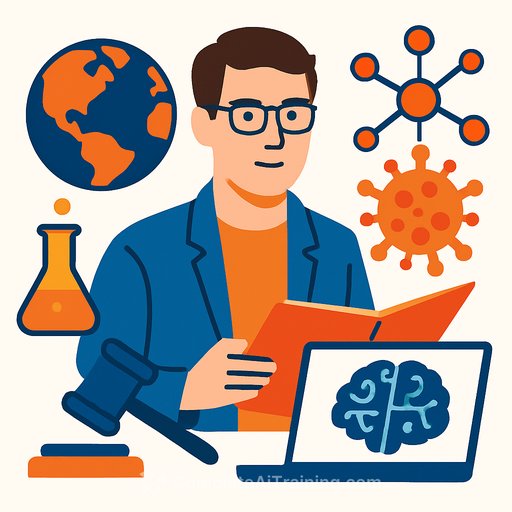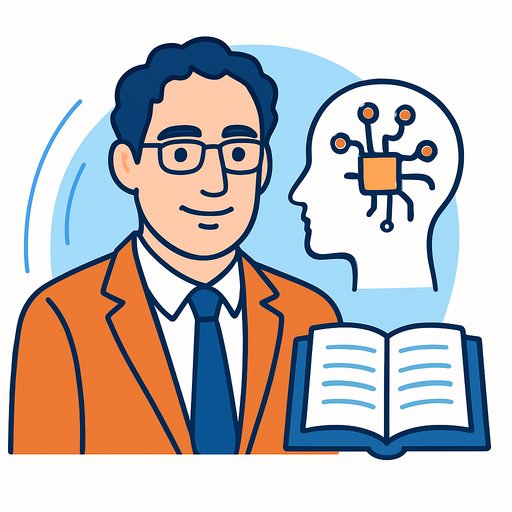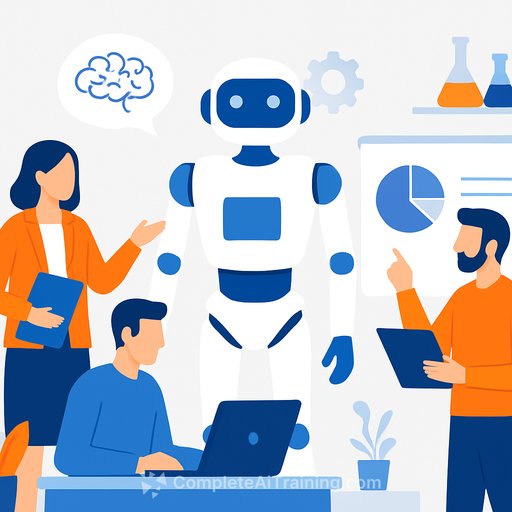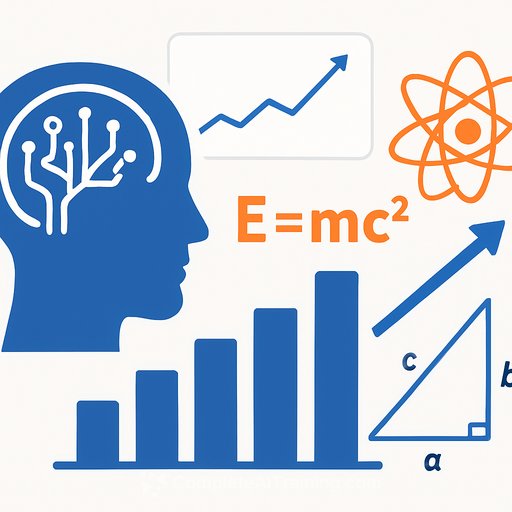Skidmore Alum Applies Science, AI, and Public Policy to Address Global Biothreats
August 22, 2025
Matt Walsh ’13, a chemistry graduate from Skidmore College and former Student Government Association president, recently returned to campus to discuss his work at the intersection of biotechnology, artificial intelligence, and global security policy.
Walsh’s career path reflects a unique blend of scientific expertise and policy insight. His foundation was built during his time at Skidmore, where he combined rigorous chemistry studies with leadership roles, preparing him for challenges that cross disciplinary boundaries.
“When I was at Skidmore, generative AI and AI safety weren’t on anyone’s radar,” Walsh explained. “But the critical thinking, analytical reasoning, and communication skills emphasized across courses gave me a strong base for a multidisciplinary career. A liberal arts education can prepare you for what comes next, even if you can’t predict it at graduation.”
From Campus Research to National Security
As a student, Walsh engaged in summer research alongside Skidmore faculty, including Professor Kelly Sheppard, which sharpened his scientific skills. His role as SGA president involved leading initiatives such as launching the Skidmore College Emergency Medical Services, a certified team of student EMTs. He also contributed to key policy discussions as a member of the Institutional Policy and Planning Committee, which advised on projects like the Billie Tisch Center for Integrated Sciences, completed in 2024.
After graduating, Walsh joined MIT Lincoln Laboratory’s Biological and Chemical Technologies Group. There, he expanded his expertise in life sciences and biotechnologies aimed at national security. He led multidisciplinary teams applying AI to accelerate medical countermeasure development, especially monoclonal antibodies. His research background also supported advising the U.S. government on risks related to the misuse of emerging biotechnologies.
Balancing Innovation and Risk
“Both biotechnology and artificial intelligence are ‘dual-use’ technologies,” Walsh noted. “They can enable societal benefits or be misused, depending solely on intent. This creates policy challenges because regulations designed to prevent misuse might slow beneficial development or application.”
Walsh recently earned a Ph.D. in Environmental Health and Engineering from the Johns Hopkins Bloomberg School of Public Health. His doctoral research evaluated public policy proposals aimed at reducing AI misuse risks, particularly those related to biology. He examined how access to AI tools might alter the capabilities of malicious actors and influence the threat level of biological weapons. Currently, he advises AI developers on biological risks tied to early AI deployment.
Integrating Science and Policy
Throughout his career, Walsh has bridged scientific research and public policy, leveraging opportunities from his liberal arts education and research experiences at Skidmore. His ability to engage deeply with biology, chemistry, AI, and policy makes him a rare contributor in discussions where technical precision and policy considerations must align.
Professor Kim Frederick of Skidmore’s Chemistry Department highlighted Walsh’s interdisciplinary skills: “There are many who understand AI and policy but lack biology or chemistry knowledge, and vice versa. Matt is one of the few who can engage with all three areas effectively. It’s a very Skidmore story.”
Professionals working at the junction of science and security can draw valuable lessons from Walsh’s approach, especially in managing dual-use technologies. For those interested in furthering their skills in AI and its policy implications, exploring specialized courses can be beneficial. Resources like Complete AI Training’s skill-based courses offer practical insights that complement scientific expertise with policy awareness.
Your membership also unlocks:






